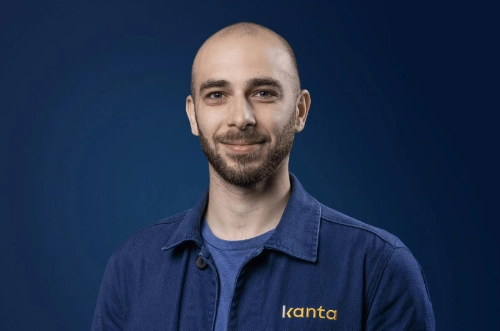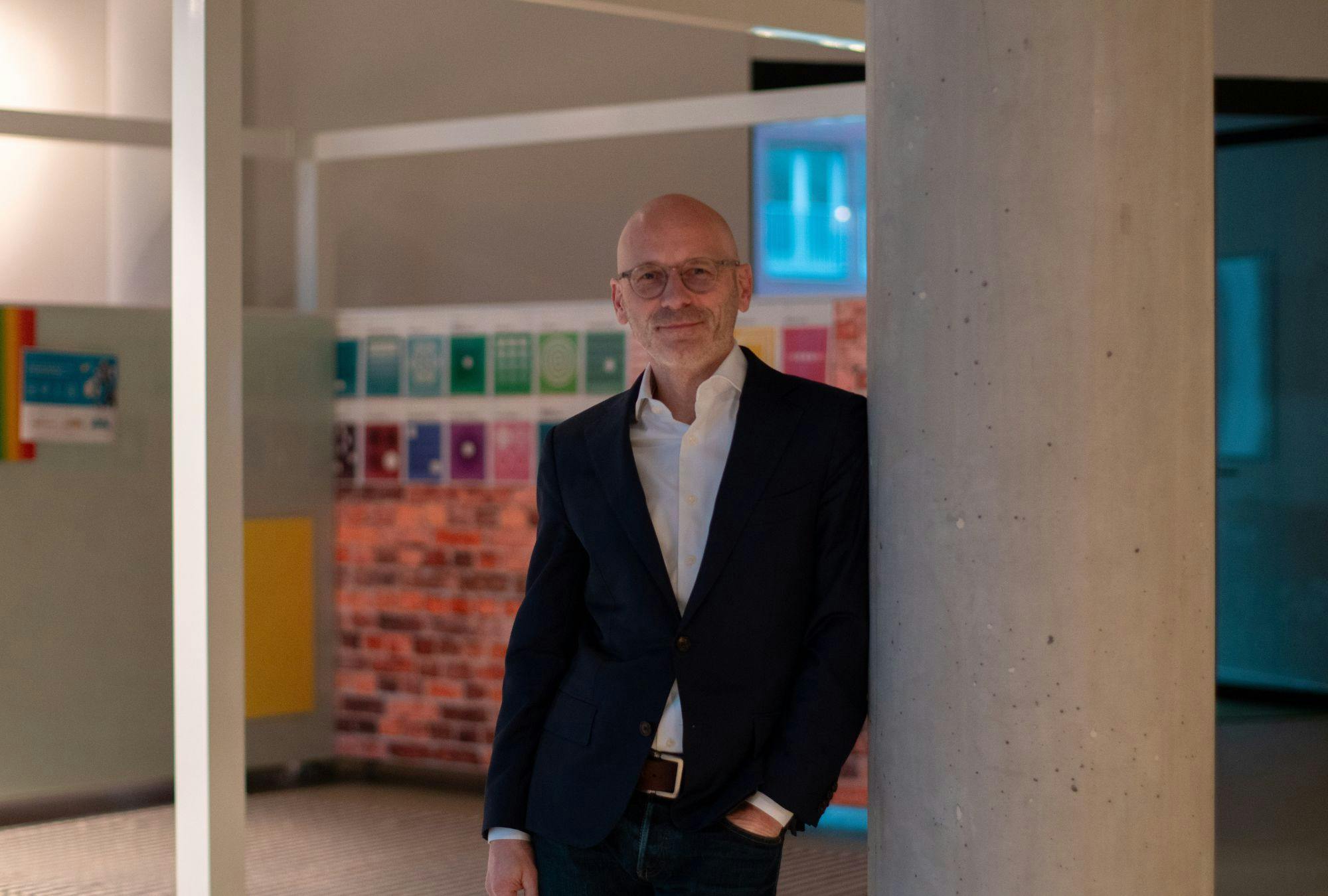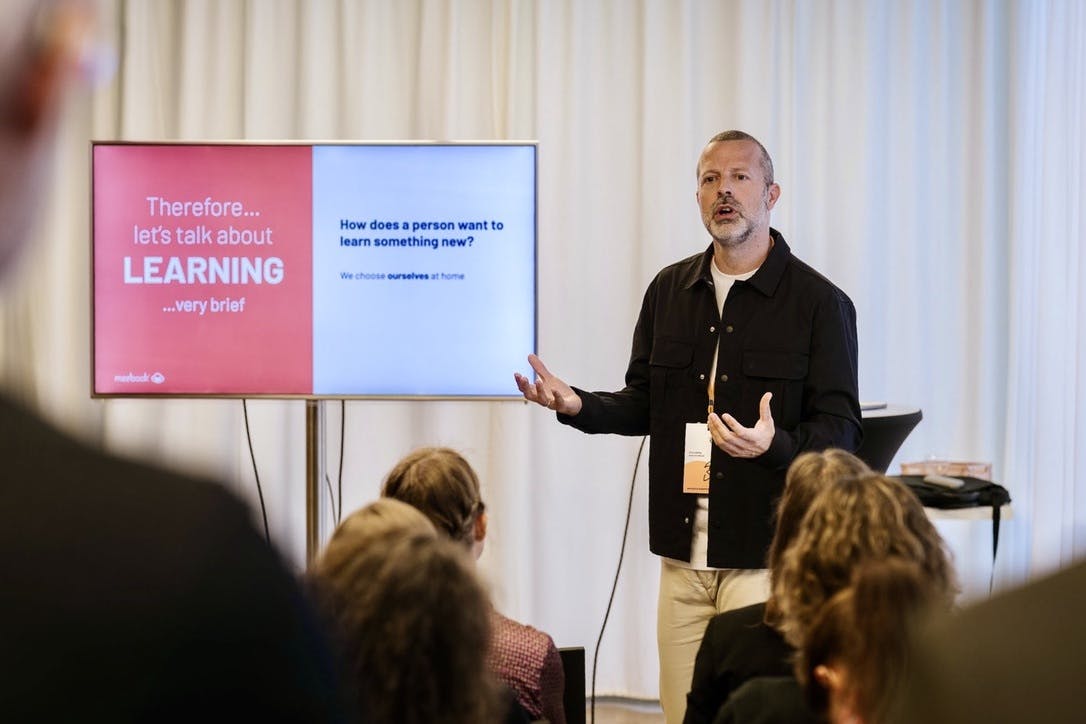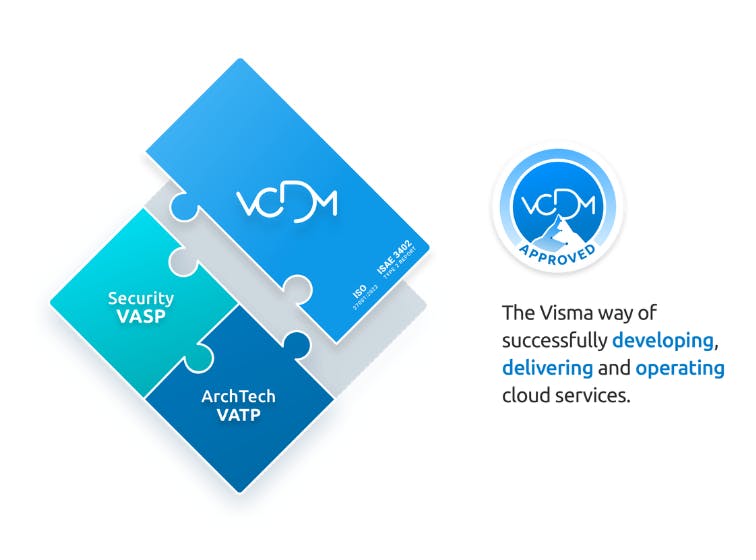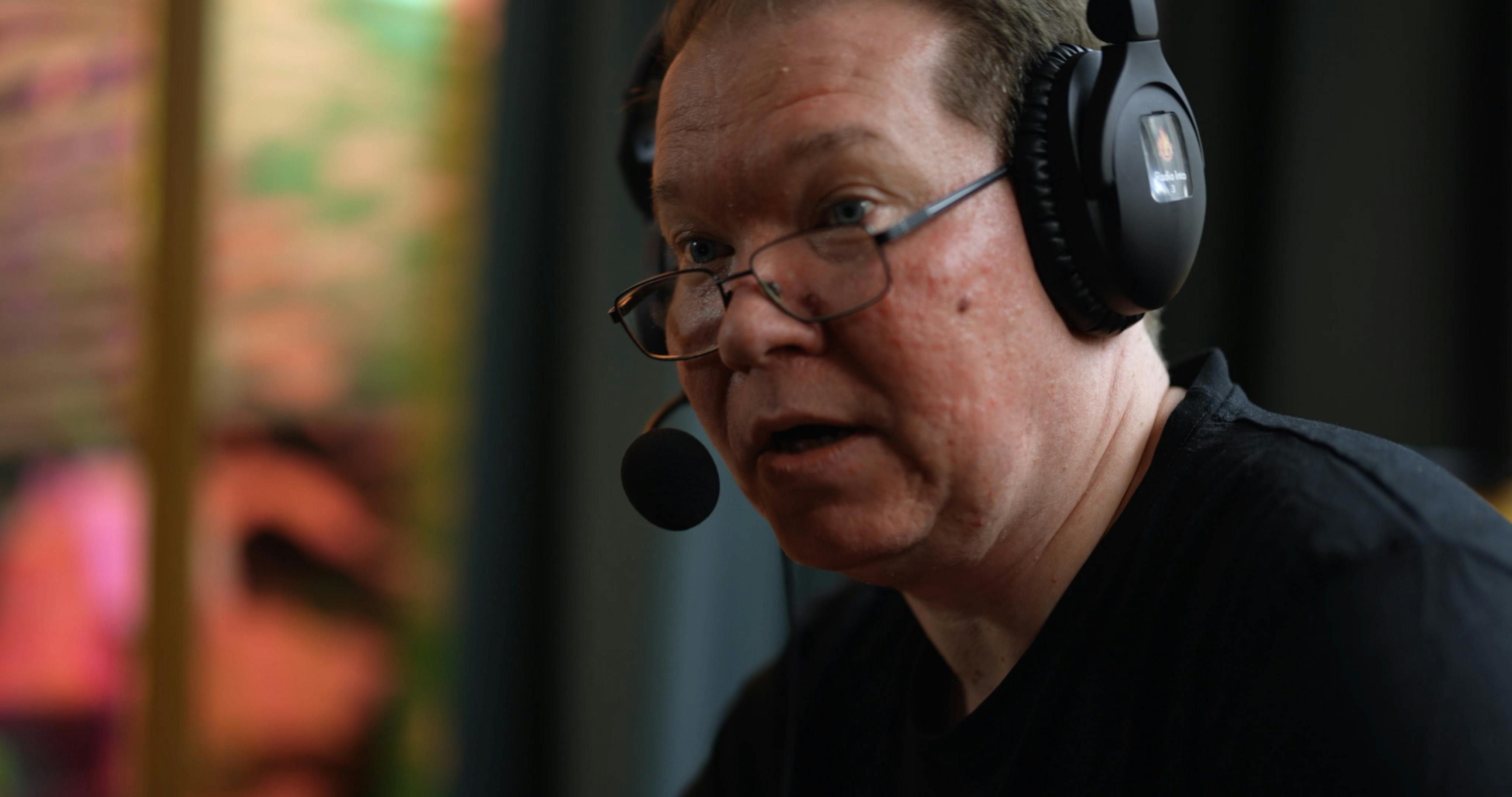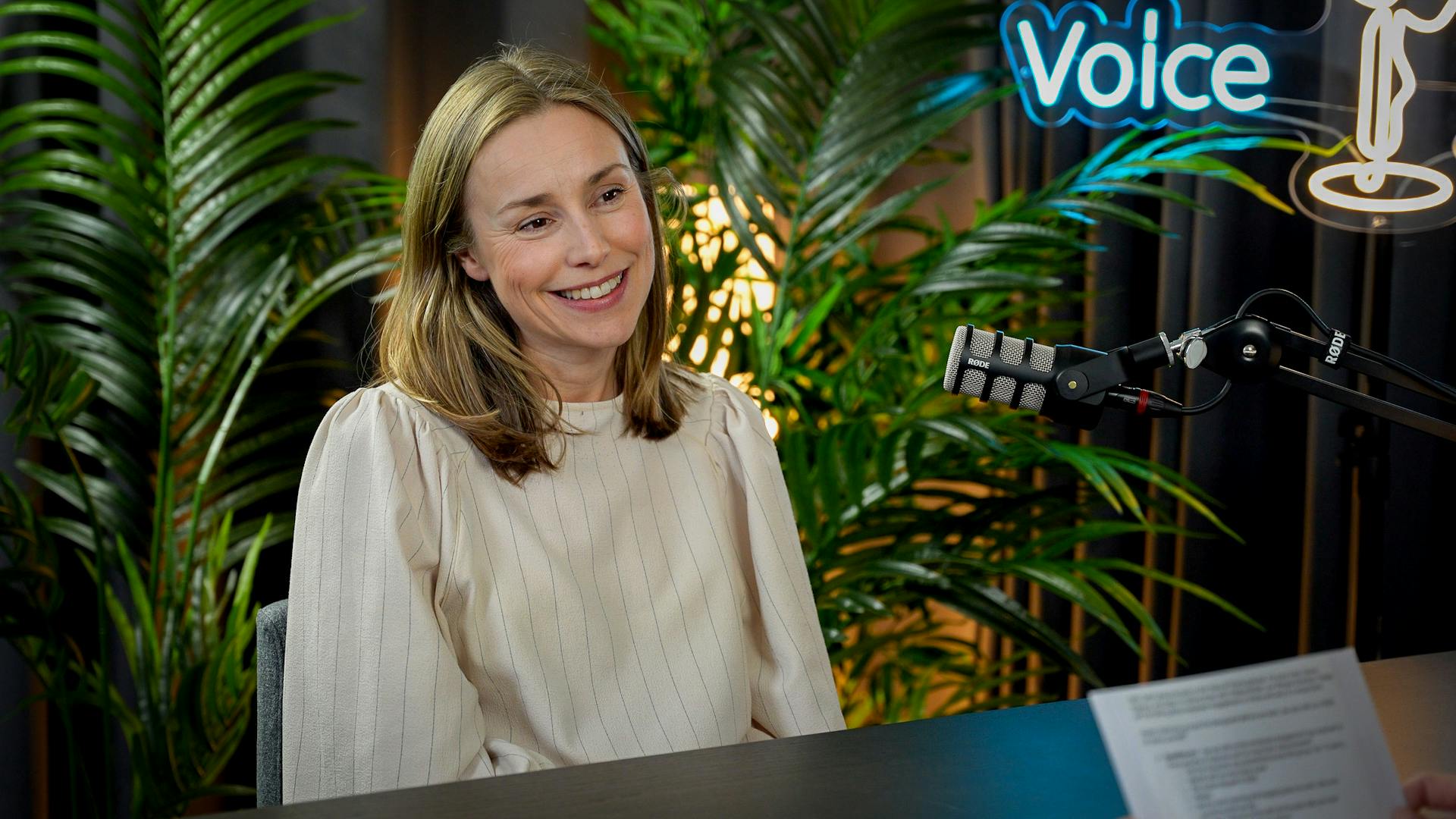Article
Scaling up with Visma: A conversation with Steffen Torp, Visma’s Chief Commercial Officer
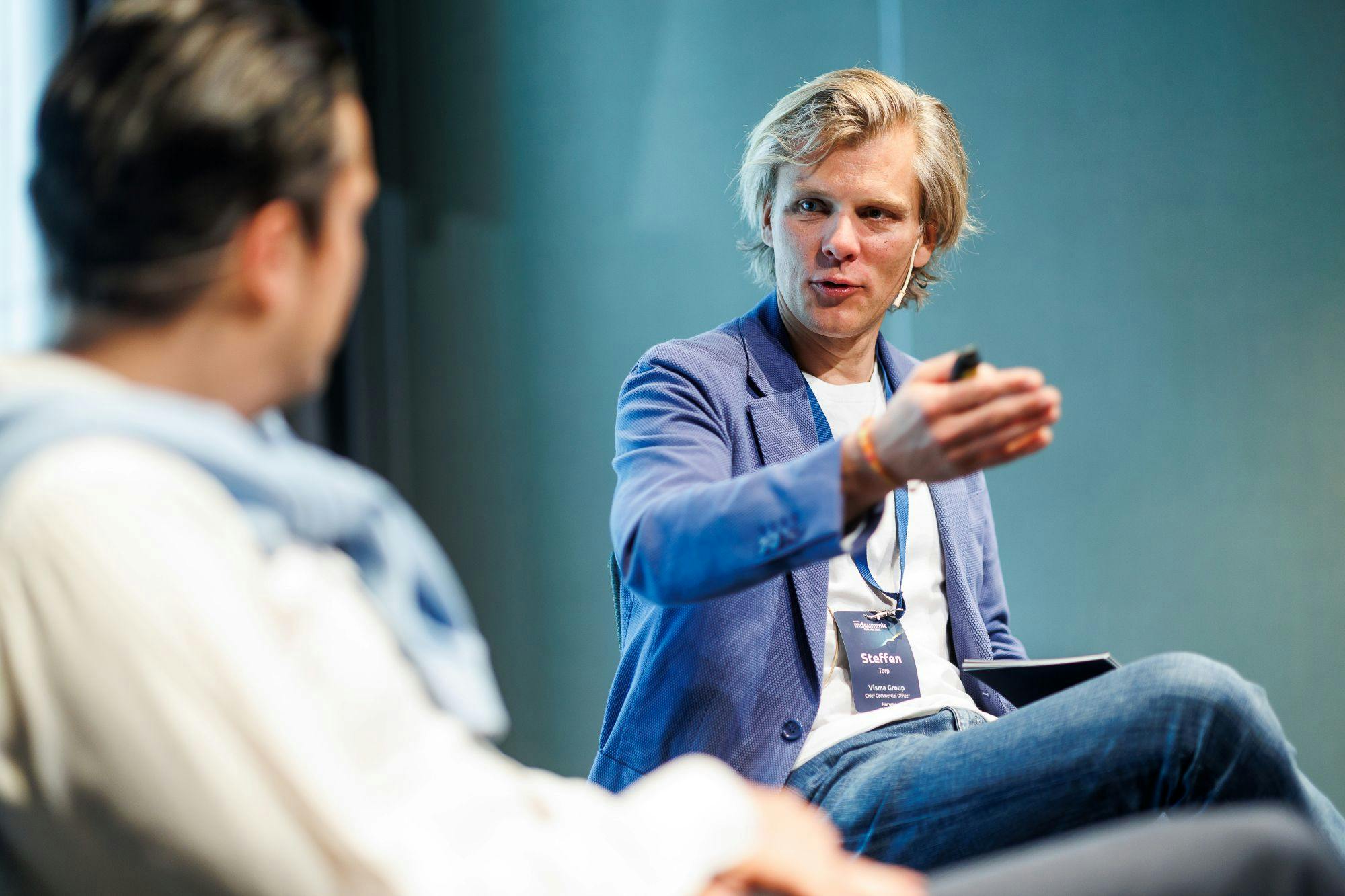
9/9/2025
min read
Business insights
Entrepreneurship is the beating heart of Visma. We help business owners with innovative and intuitive software to grow their businesses, and we also recruit them into the Visma family through strategic acquisitions of fast-growing start-ups.
This strategy has helped us achieve steady, double-digit growth for nearly 30 years. Today, Visma includes more than 180 software companies across 34 countries in Europe and Latin America.
When a new company joins us, our main goal is to use our combined resources, expertise, and support to help them grow even faster – turning a startup into a scale-up. But how do we actually do this?
To explain in more detail and provide some examples of our approach, we sat down with Steffen Torp, Visma’s Chief Commercial Officer.
Can you explain your role as Chief Commercial Officer at Visma?
In simple terms, my job is to make sure Visma grows – and grows in the right way.
I do not work directly with sales on a day-to-day basis, because we have many skilled sales directors who look after this. Instead, my focus is to look at the bigger picture. I check how our products are doing, help decide where to invest, and support our companies when we buy or merge with others. Our planning and feedback process is a super important tool for me and for all of Visma.
How do you connect big-picture planning with everyday work?
Our planning and feedback process connects our long-term ambitions and plans with our daily work. This process is essential to professionalise our operation while helping everyone in Visma, from product teams to finance, to move in the same direction. It is not only about planning, but also about checking how we are doing and learning from our results.
We look at things like customer satisfaction, how often our products are used, and our market share. We do this often, so we can respond to our customers’ changing needs. This process has helped us keep a strong growth rate – 17.4% ARR in 2024 – and to serve more than 2,1 million customers in Europe and Latin America.

How does this process function across the course of the year?
Our planning and feedback process operates in two phases.
The first phase is a series of six board meetings at each individual operating company level that happen over 12 months. These follow a set order:
- Feedback from the previous year.
- Setting a budget.
- Looking at external factors that affect the company.
- Looking at internal factors like technology and products.
- Setting a strategy for the following years.
- Setting the right organisation with the right competence and incentives in order to achieve the strategy and plan for next year.
The second and parallel phase is all about teamwork, with companies across different regions sharing ideas and trends, and followed by meetings between our segment leaders and business area directors to agree on priorities and how we use our resources. Finally, the Visma management team meets with these leaders to make the final plans for the next year. We give feedback to all company directors and their management teams, and then the process starts again in January.
We also have strong reporting routines. Every company sends us their monthly accounts and a short report only five to seven days after the month ends. This constant feedback loop helps us improve at every level.
Most companies acquired by Visma are still in the start-up phase. How familiar are they usually with this way of working?
While it’s true that most are relatively young companies, they are already quite well established in their respective markets, with fast-growing products and happy customers. This means they usually have experience working with outside investors and have had board meetings.
I think what sets Visma apart as a shareholder in these scale-ups is that we bring a framework and structure that is more tailored for high-growth B2B SaaS companies, within our specific domain. We are probably also the first shareholder in many of these companies who do not plan an exit. I also know that a lot of the entrepreneurs joining us are pleasantly surprised by how many board meetings are about tech and products, not just financials.
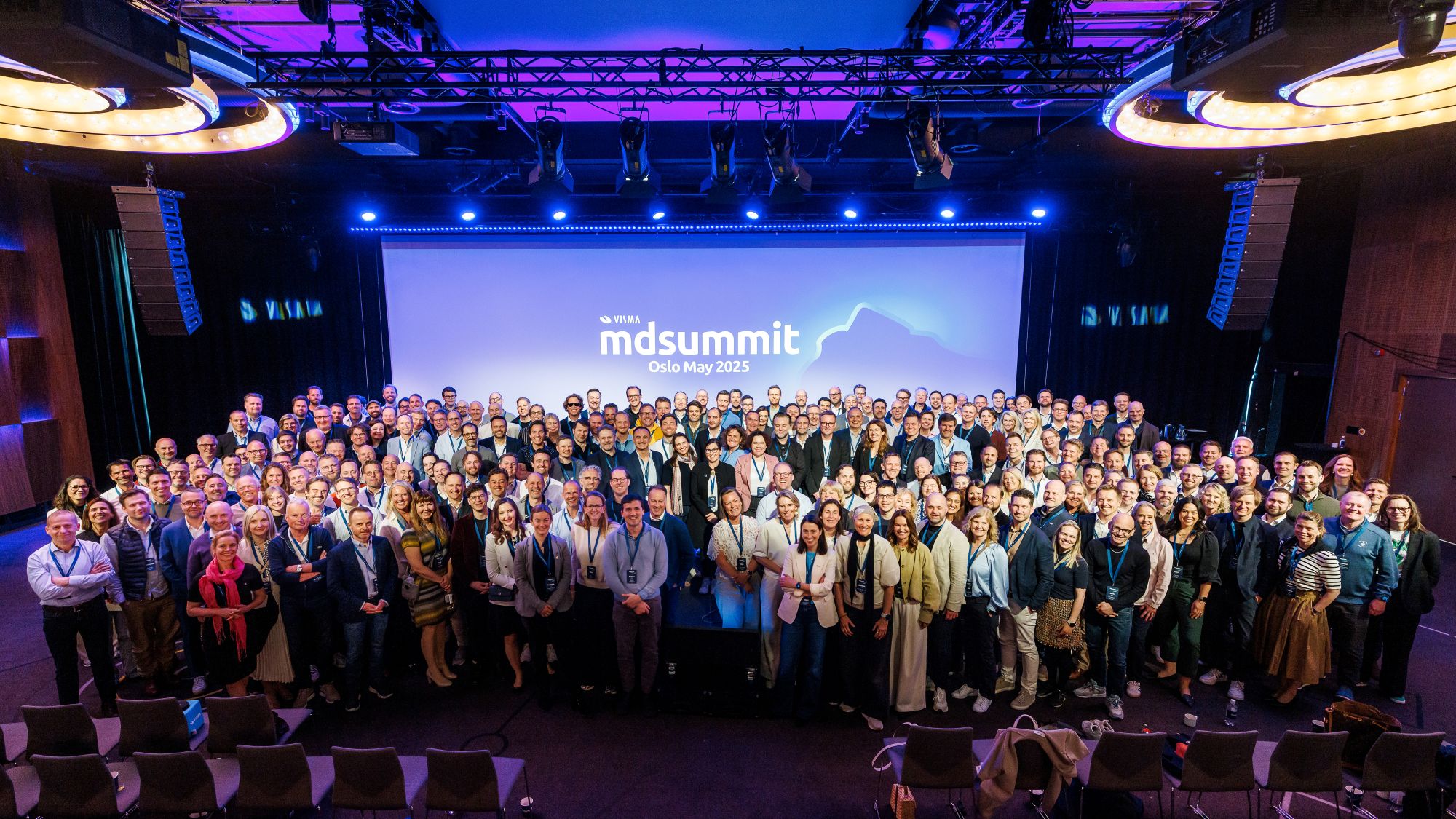
What are the biggest challenges in maintaining this evolving planning and feedback process?
Speed is only useful if it’s accurate. Our biggest challenge is making sure our data quality and consistency keep up with our fast pace. That's why we’re always improving our data systems. Our financial reporting routine is a great example of a system we constantly work on. Still, it is actually not about controlling what our businesses are doing, but rather about a tried and tested framework for our business leaders on how to look at and evaluate their own business, so that they can make the right decisions.
What about culture? How does that fit into the process?
At Visma, culture isn’t an abstract idea – it’s a real measure of our performance. We use employee surveys, feedback loops, and leadership check-ins to get a clear picture of how healthy and unified our organization is. This helps us decide where to focus on talent, leadership development, and managing change.
We’ve built a culture that’s intentional, measurable, and all about empowering people within a decentralised but well-governed structure. This creates what we call an “ultraconfident ecosystem” where founders and teams feel supported to innovate, grow products, and expand markets.
What advice would you give to other companies looking to implement a similar planning and feedback process?
If you want to create a similar model, my advice is to be very clear about your goals. Build strong processes and invest in tools for communication and reporting. Most importantly, create a culture where people always want to improve.
At Visma, we pride ourselves in retaining our entrepreneurs, with close to 70% of them still working here five years after being acquired. What do you think is the main reason for that?
Ownership of the result. And by that I mean that at Visma, we put the decision-making capabilities as close to the customers as possible. Listening to your customers and knowing the specifics of your competitive landscape are critical when it comes to growing your company in a smart and profitable way. Entrepreneurs who join Visma get a lot of trust and freedom to lead their companies forward. That gives them a continued strong sense of ownership of the actual outcome which is similar to what they had before joining Visma, but within a tried and tested framework and many peers operating in a similar day. This is also why I think they end up staying and enjoying their time in Visma.
→ To hear more from Steffen, check out this Voice of Visma episode.

Voice of Visma
Welcome to the Voice of Visma podcast, where we sit down with the business builders, entrepreneurs, and innovators across Visma, sharing their perspectives on how they scale companies, reshape industries, and create real customer value across markets.


